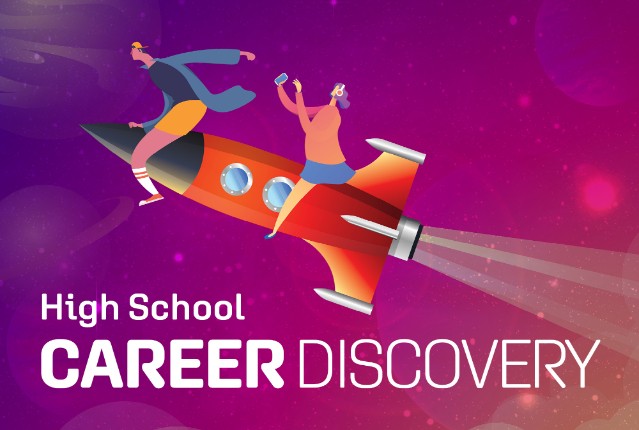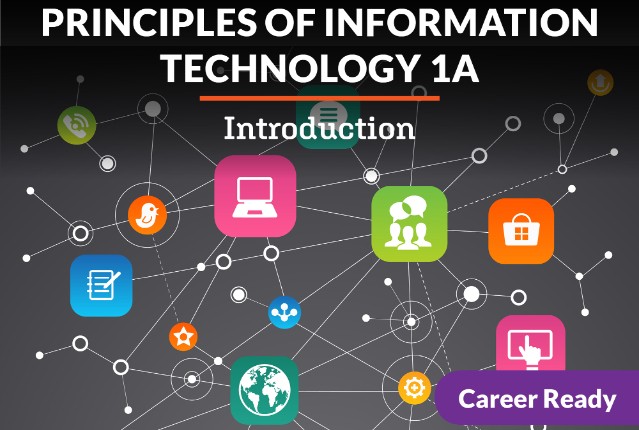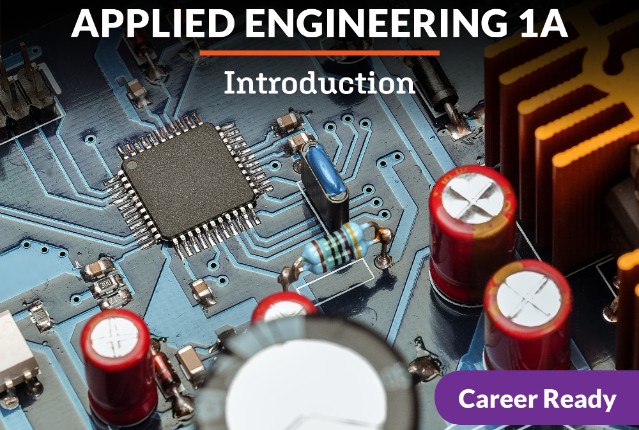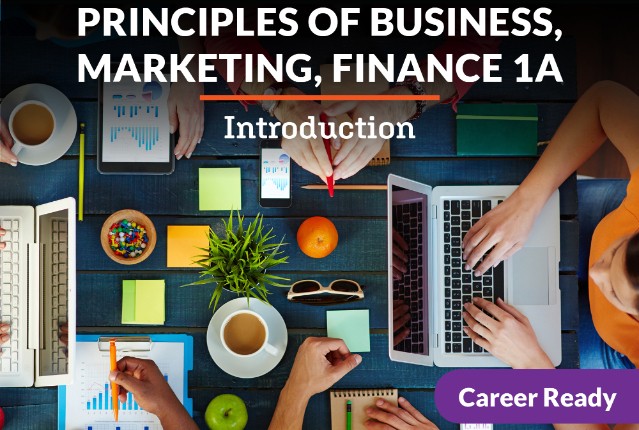
High School Career Discovery
Your future career is likely something you’ve dreamed about since you were a child. Now it’s time to turn that dream into a reality! In this course, you will explore your own strengths, interests, and preferences and use that information to uncover the best career for you! You will explore 17 career clusters, learn about the skills needed to work in different industries, and choose a path to pursue. You’ll build a plan to get you from high school to your first day on the job, and craft a strong portfolio to land your perfect job. You’ve dreamed about your future career. Now it’s time to create a plan and turn that dream into a goal!
Review course outlineAccess for a year
USD 299.00*
* Choose more courses to get a discount




